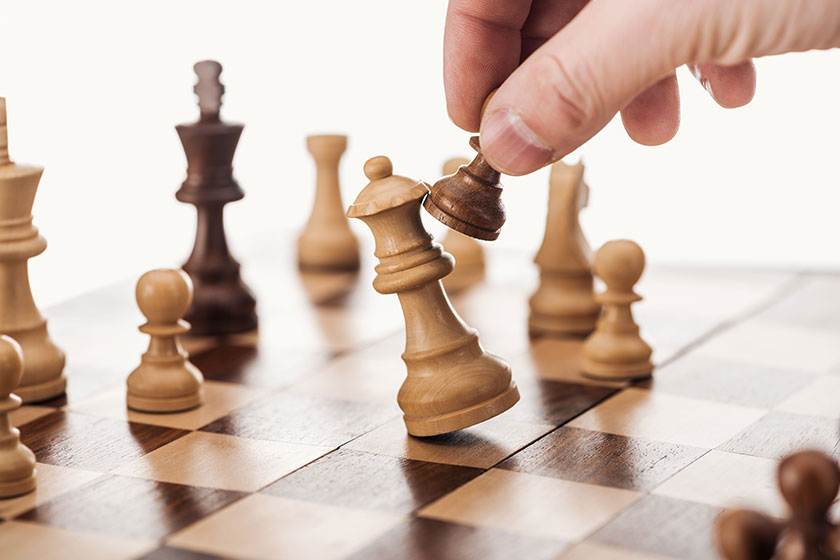As your parent, grandparent, or other elderly loved one continues to age, you may begin to fear that they will start to experience cognitive decline. This could mean problems with memory, difficulty with mental tasks and even dementia. Thankfully, research has shown that playing chess to protect from brain issues can help keep your loved one’s cognitive abilities sharp.
Chess is a complex game that requires both strategy and quick thinking. It also exercises the cerebrum—the part of the brain responsible for logical thinking, pattern recognition, and visual processing. Because of this, playing chess regularly can positively impact your parent’s mental abilities as they continue to age. In this blog post, we take a closer look at the effects of chess on older adults.
Chess Improves Memory
Many elderly people have difficulty remembering the details of everyday life as they get older. Playing chess regularly can help keep your loved one’s memory sharp. This is because chess requires quick thinking and attention to detail. As your loved one becomes more adept at the game, they will be able to focus on these skills even more clearly. Additionally, chess requires a lot of memorizing of the rules, board, and opponents’ strategies. This can help your loved ones improve their short-term memory. For people with Alzheimer’s disease, short-term memory is often affected before long-term memory is affected. By playing chess, you can help prevent this issue by encouraging your loved one to focus on the details of the game.
Chess Elevates Your Creativity
As you become a better chess player, you will learn new strategies that can help you think more creatively. This can help you become a more inspired and innovative person as you get older. As your loved one gets more creative while playing chess, they will be able to apply this skill set in everyday life. This can help your loved ones remain agile and engaged as they age. It can also help prevent depression, as this can often be a result of a decrease in creativity.
Chess Leads To Better Planning Skills
As you get better at the game, you will start to plan your moves far in advance. This can help you become a more thoughtful and organized person as you get older. Experts believe that planning is one of the most considerable cognitive skills to develop in your more senior years. Planning allows you to anticipate challenges and deal with them before they become problems.
Chess Can Improve The Symptoms Of ADHD
Many people with ADHD struggle to stay focused and pay attention to things that don’t interest them. These issues are often even more pronounced as you get older. By playing regularly, loved ones stay focused. This can help them to avoid the issues often caused by getting older, such as cognitive decline and depression.
Protection Against The Development Of Dementia
Many experts believe that chess can offer protection against the development of dementia. This is because the game requires both logical thinking and visual processing skills. Both of these require a healthy cerebrum.
Chess Enables You To Enter A Flow State
Chess is a complex game that requires both strategy and a high level of concentration. This can help you enter a flow state. The flow state is a state of concentration where you are entirely focused on your task. Creative people and athletes often experience it as they enter a focused state of concentration.







